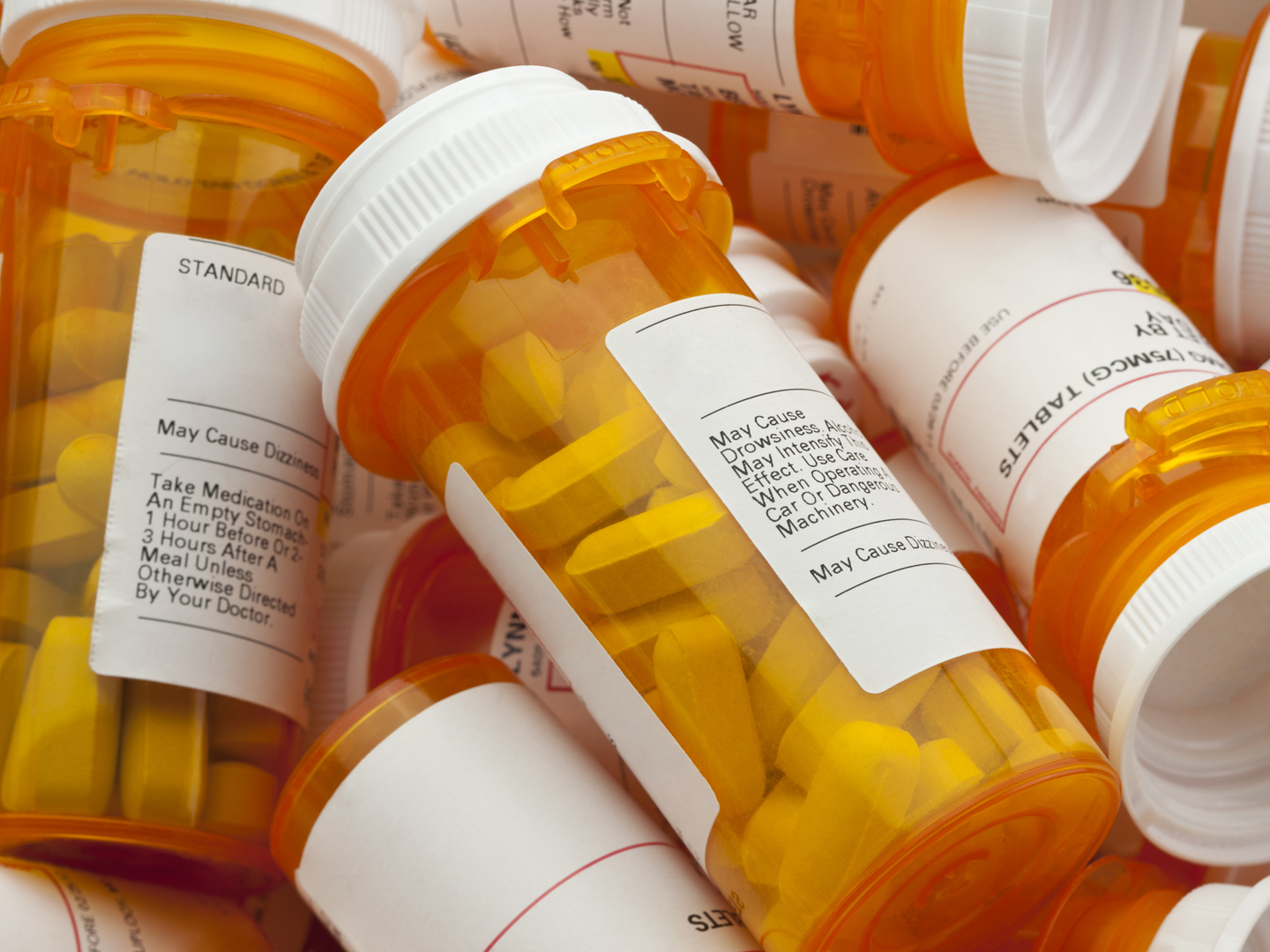Do Painkillers Cause Hearing Loss?
Is it true that ibuprofen and other over-the-counter painkillers can cause hearing loss in women? How does this happen? Can you tell me whether hearing will come back if you stop taking the painkillers?
Andrew Weil, M.D. | December 28, 2015

Some evidence does suggest that women who take ibuprofen or acetaminophen (Tylenol) frequently (two days a week or more) are at an increased risk of hearing loss. An investigation from Brigham and Women’s Hospital published in 2012 reported that the more of these non-prescription drugs women take, the higher the risk. The same team of researchers published findings in 2010 showing that the drugs are also associated with hearing loss in men. The risk appears to be highest in women under age 50 who take ibuprofen six or seven days a week.
The research team looked at the use of aspirin, ibuprofen and acetaminophen among 62,261 women age 31 to 48 participating in the Nurses Health Study II, a long-term assessment OF health. They followed the women for 14 years, after which 10,012 reported hearing loss. Then they correlated use of the drugs with that symptom. There was a 13 percent increased risk among women who said they took ibuprofen two to three days a week, a 21 percent increased risk among those who reported taking the drug four to five days a week, and a 24 percent increased risk among those who took ibuprofen six or seven days a week.
Women who took acetaminophen two or three days a week had an 11 percent increased risk of hearing loss compared to those who took the drug less than once a week. Those who took it four to five days a week HAD A 21 percent increase. The researchers found no higher risk of hearing loss related to taking aspirin.
Research leader Sharon G. Curhan, M.D., suggested that ibuprofen and other non-steroidal anti-inflammatory drugs (NSAIDS) might reduce blood flow to the cochlea – the hearing organ – in the ear, affecting its function, while acetaminophen might deplete factors that protect the cochlea from damage.
Bear in mind that this investigation relied on the self-reports of subjects rather than on objective tests of hearing. A review of the scientific literature published in 2015 noted that there were no formal data to support the conclusions of a number of earlier studies, although the authors did note that audiometry has demonstrated profound hearing loss in some people taking a combination of acetaminophen and narcotic drugs.
Another limitation of the report relating hearing loss in women to ibuprofen and acetaminophen is that it didn’t consider the effect of lifetime noise exposure. Excessive noise exposure is a known risk factor for hearing loss. If the drugs are the cause of the problem, stopping them should halt progression. It’s unclear if the changes can be reversed.
Andrew Weil, M.D.
Source:
Sharon G. Curhan et al, “Analgesic Use and the Risk of Hearing Loss in Women.” American Journal of Epidemiology, August 29, 2012, doi: 10.1093/aje/kws146
M.E. Kyle et al, “Impact of nonaspirin nonsteroidal anti-inflammatory agents and acetaminophen on sensorineural hearing loss: a systematic review.” Otolaryngology Head Neck Surgery, March 2015, doi: 10.1177/0194599814564533
Sharon G. Curhan et al, “Analgesic use and the risk of hearing loss in men.” American Journal of Medicine, March 2010; doi: 10.1016/j.amjmed.2009.08.006.









